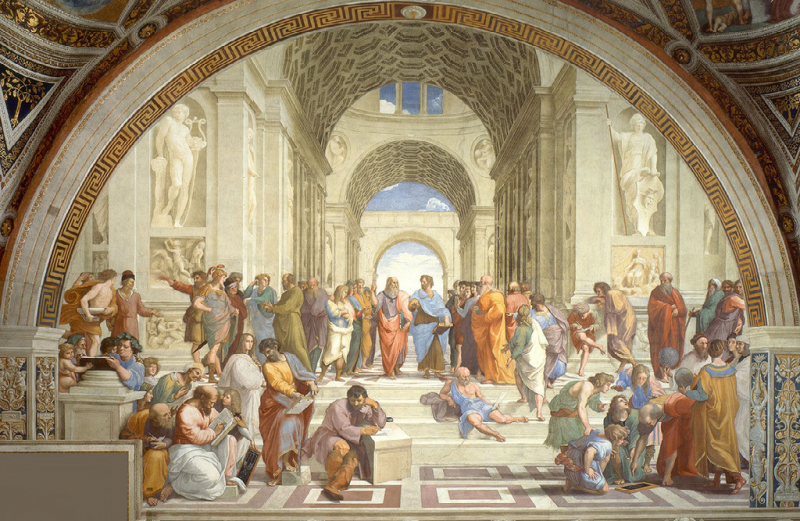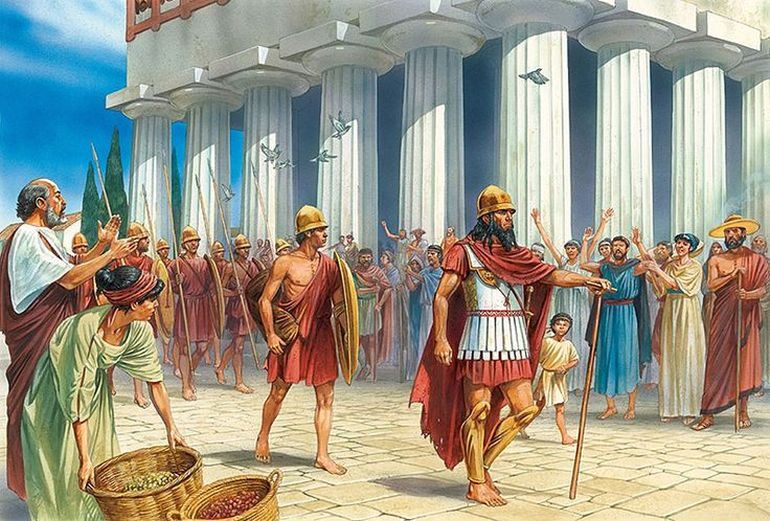A Shaky, Somewhat Uninspired History of Democracy
Democracy is frequently attributed to the Ancient Greeks. This is true in a way. Our view of Greek democracy, though, appears to elevate a less spectacular form of government than the democracies we are familiar with today. Cleisthenes, the Athenian ruler, offered the new demokratia system to the Greek populace in 507 BC, marking the beginning of democracy in that country.
Demokratia is a combination of the Greek words demos, which means "the people," and kratos, which means "power." This new form of "government by the people" was intended to increase peace and stability to have a system in which an unpopular administration was overthrown through elections rather than a coup or revolution.
Their democracy, though, wasn't something to be proud of. Their democracy, though, wasn't something to be proud of. Yes, it was the first of its type, and going forward, it would expand to include and represent all people. Still, it was only a small portion of the population in Ancient Greece. In Athens, only men who were free were regarded as citizens. This indicated that women were not represented, did not vote, and did not participate in politics.
We also frequently forget how the Ancient Greek government operated. Each year, 500 names were selected from among all Athenians. For a full year, the 500 people would work for their country. This indicated that their system of government was direct democracy, which is not comparable to modern democracies. Rather, representative democracies make up the majority of modern democracies.
For all the credit we give the Ancient Greeks for developing democracy, we frequently ignore any flaws in their own invention. While some of these faults have been addressed throughout the years, others persist today.












